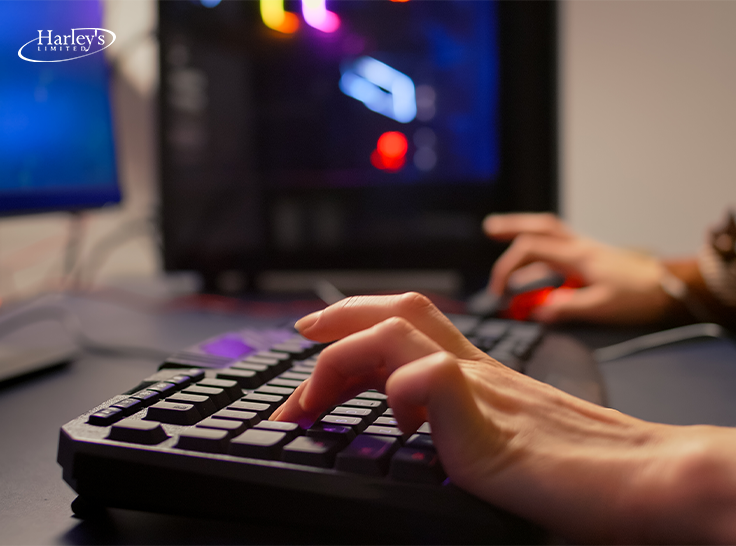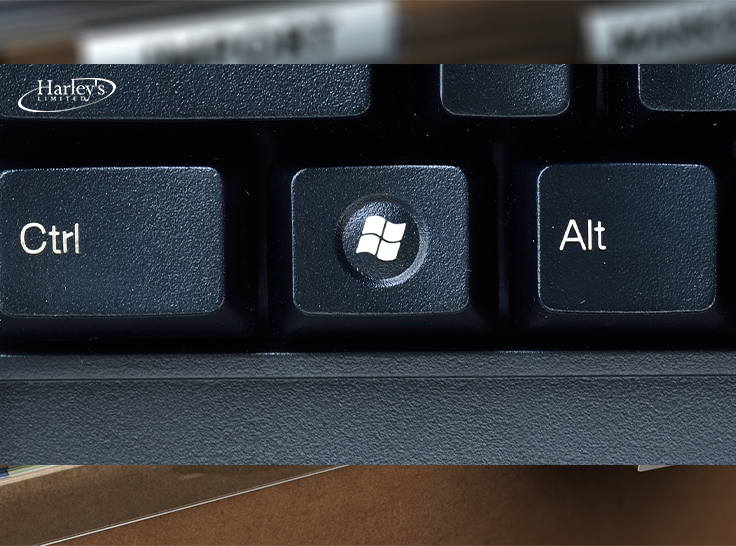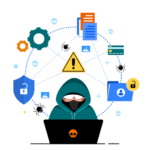Security is critical to any office or facility. Why is it so important, you may ask? Because it protects the assets and facilities of the organization.
Physical security, for instance, is the protection of people, hardware, data, software, physical assets and property from unexpected action or events that could cause damage or loss. Today, physical security is equally important as cybersecurity, and it keeps you protected from theft, vandalism, burglary, fire, flood, and other natural disasters.
While numerous security threats are intricate enigmatic affairs executed by anonymous attackers from thousands of miles away, we don’t often address the security challenges that occur literally right in the faces of victims.

How can we take necessary precautions in the workplace to avoid inadvertent physical threats? Here are a few physical security Dos and Don’ts that you need to keep in mind while at work:
Do:
- Challenge people that attempt to follow you or others at doorways.
- Lock your computer screen when you leave your desk, even for a quick break. (Hold down CTRL+ALT+DELETE or WINDOWS+L to lock and secure your machine)

- Always use your own access credentials.
- Always wear your badge at all times on the premises and remove your badge and keep it with you when you leave.
- Keep paper or disks that contain confidential information secure in a locked storage area.
- Shred confidential information with a cross cut shredder as soon as it is no longer needed.
- Make sure that when you are reviewing any confidential information (electronically or paper) that no one is shoulder surfing.
Don’t:
- Do not let people into the building or on the floor without identification and permission.
- Do not share your password or post passwords where others can view or find them
- Do not leave your computer logged in and unattended.
- Do not leave confidential information out where others can view it.
- Do not discuss confidential information in an area where others can overhear you.
- Do not share your access credentials, or use another person’s credentials.
- Lend your own ID badge to someone else, or use someone else’s badge in the absence of yours.

Unintentional physical threats, such as tossing confidential documents in the trash, leaving confidential information or credentials on a white board in a conference room, or conversing on proprietary information in public, are just as menacing as active physical security threats encompassing tailgating, shoulder surfing, and accessing data within your organization.


